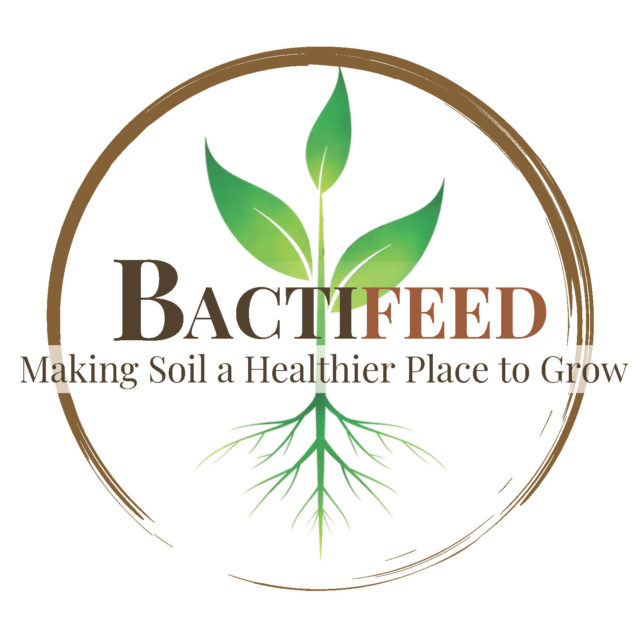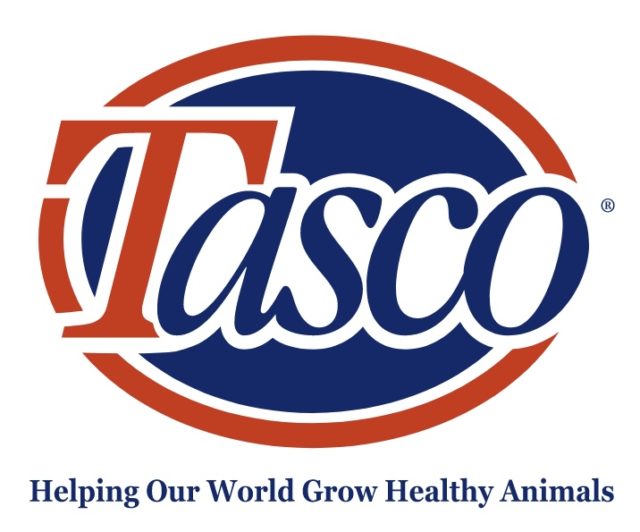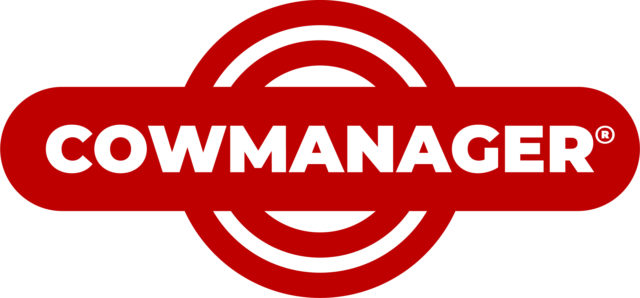Haeckel doesn’t own cows or land and says he’s not in the business of selling digesters, he just owns and runs one and hopes to impart his practical knowledge of them to others who are thinking about investing in one.
Haeckel presented, “So, you’re thinking about a digester? Talk to me first, please” on Jan. 23 on the Innovation Stage at the Dairy Strong conference in Madison. Below is a Q&A with Haeckel.
What factors should people think about if they’re considering a digester?
HAECKEL: Having owned a digester working with three farms for the last three years, my business partner and I have come to believe that digesters are a good thing, but they aren’t for everybody. For example, the farmer is the natural customer because they have the feedstock, they have the manure, but the farmer isn’t the natural operator of the digester, at least in our view, because dairy farmers are dairy farmers, not digester operators.
One of the things I hate is when developers say to farmers, “These things run themselves, you can take care of it in your spare time.” I think that’s technically true for the first year or two of operation, but manure is an incredibly corrosive and caustic substance, and digesters don’t repair themselves. A digester is a continuous-process business. If you’re in the milking parlor or on the tractor planting or harvesting corn, and you get a message on your phone that the pump isn’t working, you’re not going to get off your tractor in the middle of the field and go back to the digester to see what’s going on. It’s not going to be your priority.
So what do you do when you get a message on your phone saying the pump isn’t working?
HAECKEL: We have a staff of five guys who work at the facility between Waunakee and Dane, so there’s at least one person at the plant seven days a week, not 24 hours a day but 12 hours a day on weekdays and eight hours on weekends, and someone’s on call 24/7.
So is your solution that you’d recommend setting up a cooperative of farms?
HAECKEL: This won’t be a helpful answer, but it’s very specific to the farms and what they’re trying to accomplish. Things that digesters do is extract methane, which can be sold, used to make electricity, turned into renewable natural gas, used for vehicle fuel or put in the interstate pipeline. Digesters substantially reduce the odor associated with manure if you are separating and pulling out fiber. Some farms use the dried fiber for animal bedding. There’s heat produced in the case of our engine generators; we make heat and use hot water to heat our entire plant. You could heat the milking parlor, barns, etc. It comes back to what is the farmer’s objective, and that varies by farm.
What are some drawbacks to digesters?
HAECKEL: Digesters are expensive, and a farm has to be of a certain size for a digester to make sense. Nutrient management requirements will add cost, and digesters create the opportunity to manage nutrients more easily because they start to break down the manure.
A digester removes methane, makes it easier to process downstream, gets rid of a lot of the odor and substantially kills pathogens. But you can’t destroy nutrients, you can’t destroy phosphorus; all you can do is relocate it from a place that has too much to a place where there isn’t as much. If you have a nutrient management requirement that says you can’t apply phosphorus to your field, it’s [like] “OK, do I like this option for extracting nutrients, extracting the fiber, better than acquiring the land base to apply the manure to outside of wherever it is that I can’t apply it now?” Manure is mostly water, and it’s expensive to move water whether you’re pumping it or hauling it in trucks. ![]()
The Dairy Strong Bloggers series is brought to you on behalf of the Dairy Strong conference, Jan. 22-23, 2020, in Madison, Wisconsin. This event focuses on cutting-edge technology, cultural trends and the future of the dairy community. Learn more and register at the Dairy Strong website.
PHOTO: John Haeckel, CEO of Clean Energy Partners, is not a dairy farmer, but he is a digester owner. His digester handles manure from three farms near Dane, Wisconsin. Photo provided by Dairy Business Association.







